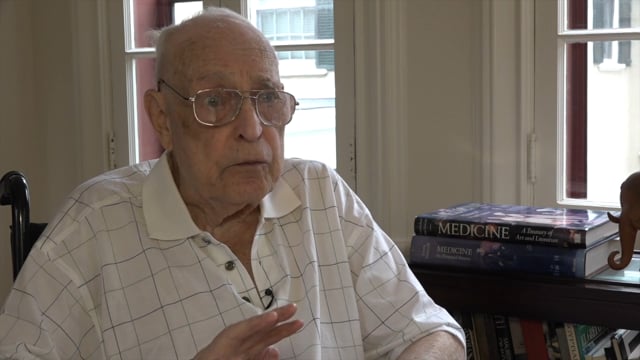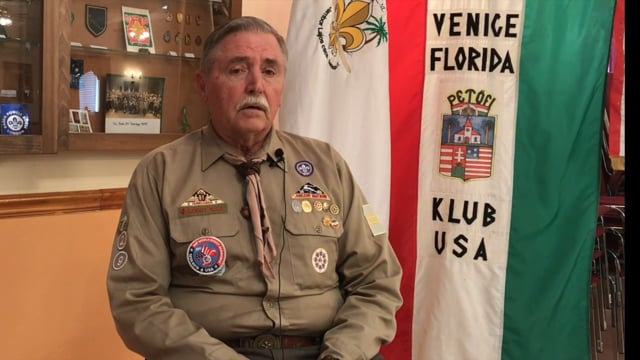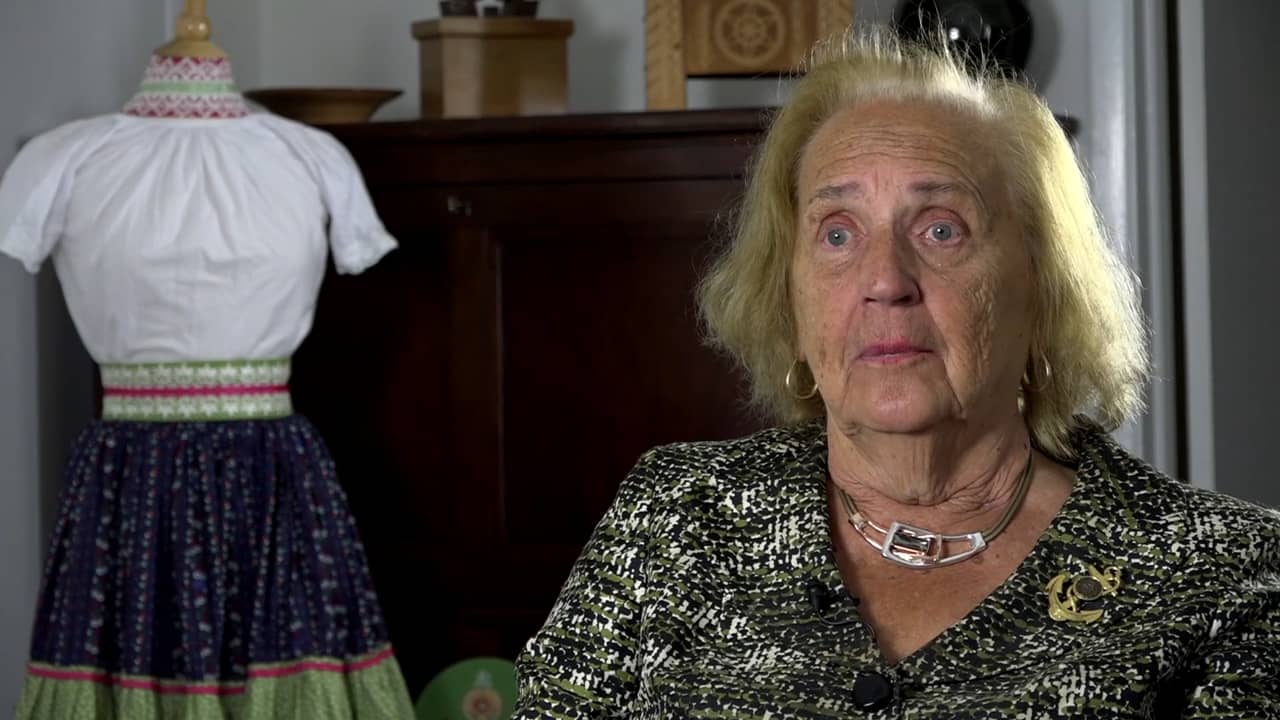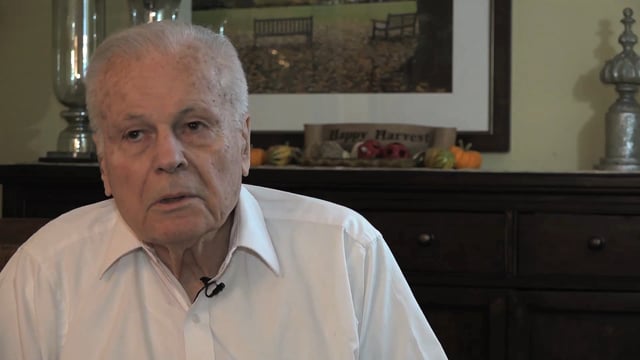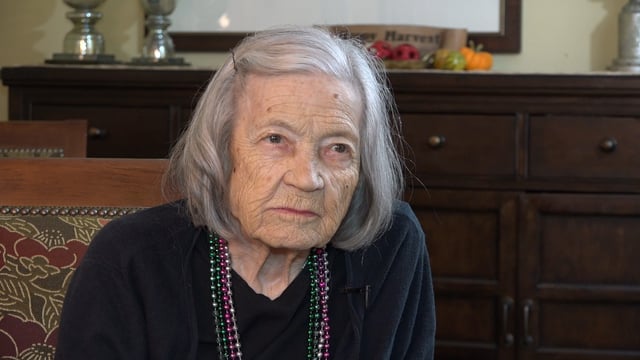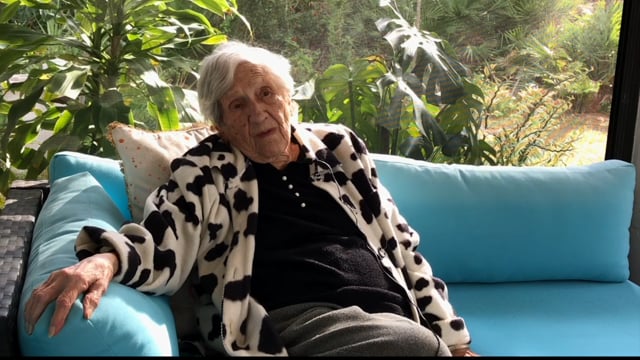Gyula Dömötör
1956erALL MATERIAL: COPYRIGHT CALIFORNIA EUROPEAN CULTURAL INSTITUTE / MEMORY PROJECT
Gyula Dömötör, 1956 Refugee
Gyula Dömötör was born on January 13, 1936 in Győr, Hungary. His father was a high-ranking military officer (a graduate of the Ludovika Academy in 1918) in counterintelligence (kémelhárítás). He was active during WWII and a loyal ally to Admiral Miklós Horthy. He was executed in December of 1949 by the communist regime that came to power in Hungary after WWII. Gyula and his older sister were raised by their mother, who was born into an aristocratic family that was stripped of it's wealth and made to work in menial jobs. Gyula did not even try to apply to university, knowing that because of his family background he would not be accepted and knowing that they would not have the means for him to become a student. He secured work as an apprentice at the Glóbusz Printing factory and in his spare time became an avid motocross racer. During 1956 he took part in the Revolution as the head of the revolutionary council for the off-set section of the printing factory and took part in the demonstration in front of the Parliament and at the toppling of the statue of Joseph Stalin. He witnessed intense battles in the first days of the revolution.
He decided to flee Hungary with his colleagues as the revolution was being crushed in early November, but once in Austria, he decided to go back to Hungary to get his fiance (Elizabet Dömötör, also in the MP archive) to leave Hungary as well. She was then an 18 year-old school teacher in eastern Hungary near Ukraine. She chose to leave with him, and together they rode on his motorcycle (in the winter) roughly 250 kilometers to Austria. Once there, they were separated and Elizabet was sent to the U.S. in an earlier transport to Camp Kilmer. Gyula arrived lated, on Christmas Eve and they were reunited there. They married shortly after in New York, where they lived and worked before moving to California in 1960. They were an active part of the San Francisco Hungarian House and community in the 1960s, along with their children. Once Gyula began his own printing press and invented the Delta Inker (which he patented in the late 1960s), his and Elizabet's time was consumed by their family business and they were less active in the Hungarian community. Today they are retired and live in San Bruno, California - where Gyula still rides various motorcycles.
Interview conducted by Réka Pigniczky in San Bruno, CA, in 2017.

